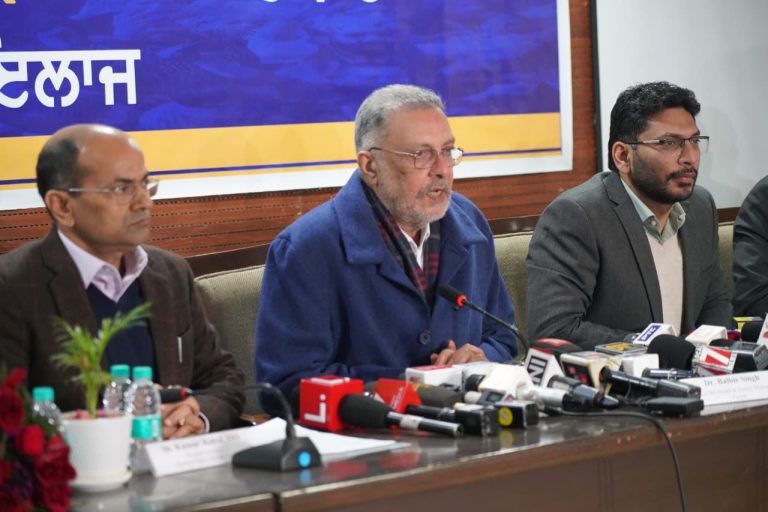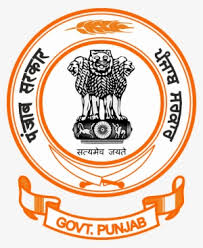
Chief Minister Nayab Singh Saini,
Chandigarh, September 21 – The Haryana government has announced an increase in the subsidy on certified wheat seeds. This is another significant move to support farmers, under the leadership of Chief Minister Nayab Singh Saini. The subsidy on certified wheat seeds will now be increased as part of its ongoing farmer-friendly initiatives. This also shows their commitment to food security. The subsidy will be Rs. 1075 per quintal this year, compared to Rs. 1000 per quintal last year.
Haryana Govt Raises Wheat Seed Subsidy to Ease Farmers’ Burden
These subsidized certified wheat seeds will be made available through sales counters of government agencies across the state, including HSDC, NSC, HAFED, HLRDL, IFFCO, KRIBHCO, NFL, and others. As per the decision of the state government, the cost of certified wheat will be Rs 3000 per quintal, which will be Rs 1200 per acre for the farmers for the upcoming sowing season. Although the selling price of certified wheat seed (Rs. 3,000 per quintal) has increased compared to last year’s selling price (Rs. 2,875 per quintal), this increased cost is due to the increase in the MSP of wheat by Rs. 150 per quintal and an additional incentive of Rs. 50 per quintal for seed-producing farmers. The state government has reduced the cost burden on farmers by increasing the subsidy from Rs. 1,000 per quintal to Rs. 1,075 per quintal.
Haryana Govt Pushes Certified Wheat Seeds for Higher Yields
This proactive measure will encourage timely sowing, promote the use of high-yielding and certified seed varieties, and ultimately lead to improved crop productivity and higher agricultural income.
Farmers in Haryana cultivate wheat on about 60–62 lakh acres. Each year, they sell around 12–14 lakh quintals of certified wheat seed. Government agencies supply nearly 5.5 lakh quintals, while private seed producers distribute the remaining stock.
The Haryana government reaffirms its commitment to the farming community. It continues to roll out farmer-centric schemes and subsidies. These efforts ensure the state maintains its leadership role. The focus is on strengthening the nation’s food grain reserves.








